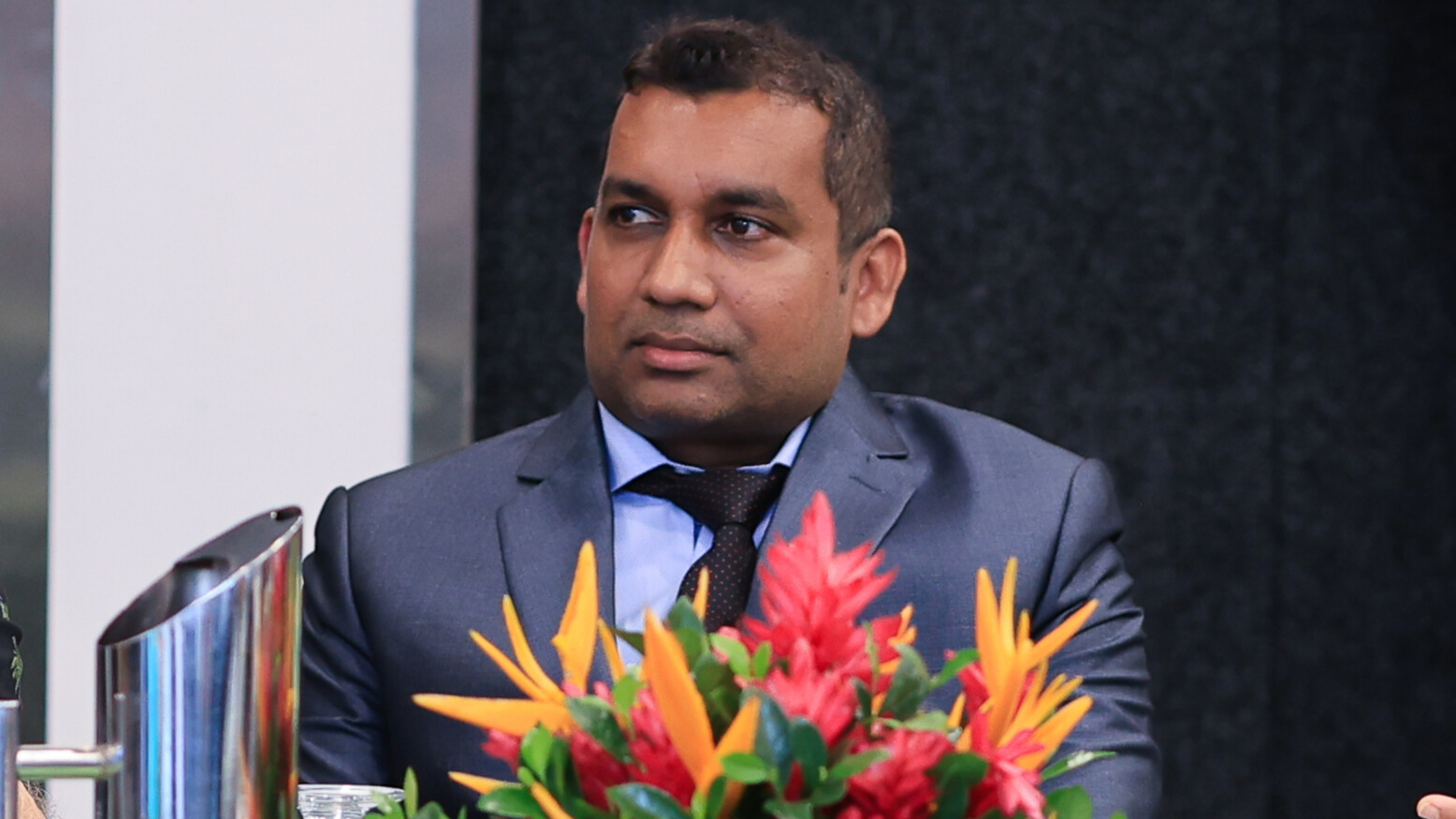Dialogue Fiji has raised concerns over the Fiji Police Force’s recent announcement of a 14 per cent decrease in overall crime and a 1 per cent drop in serious crime so far this year.
In a press statement issued this week, Dialogue Fiji executive director Nilesh Lal said the public’s reaction to the police-released statistics suggested a deep disconnect between official data and the lived experiences of people in communities across the country.
“There is widespread surprise and scepticism among the public, with many sharing anecdotal evidence that appears to indicate the opposite trend that crime, particularly theft, burglary, drug-related offences, and violent crime, is in fact rising in many communities,” Mr Lal said.
“In our research, an overwhelming majority of respondents identified crime and public safety as one of the most pressing issues in the country.
“The prominence of crime in everyday conversation and in the media is difficult to reconcile with the police’s claims of declining crime.”
Mr Lal warned that the gap between official crime figures and public sentiment raised urgent questions about the reliability of current reporting practices.
“We must ask whether the apparent decline in reported crime is actually a sign that people are no longer reporting incidents,” he said.
“If members of the public believe that nothing will be done, they may simply stop going to the police.
“That’s a deeply troubling indicator, not of progress, but of growing disillusionment with law enforcement and justice systems.”
Dialogue Fiji has also called for greater transparency and accountability in the collection and publication of crime statistics, including independent audits, clearer breakdowns by offence and region, and stronger collaboration with civil society groups.
“If we want to build a safer and more cohesive society, we must confront both the reality of crime and the erosion of public confidence,” Mr Lal said.
“Suppressing or spinning the data will only deepen the problem.”



